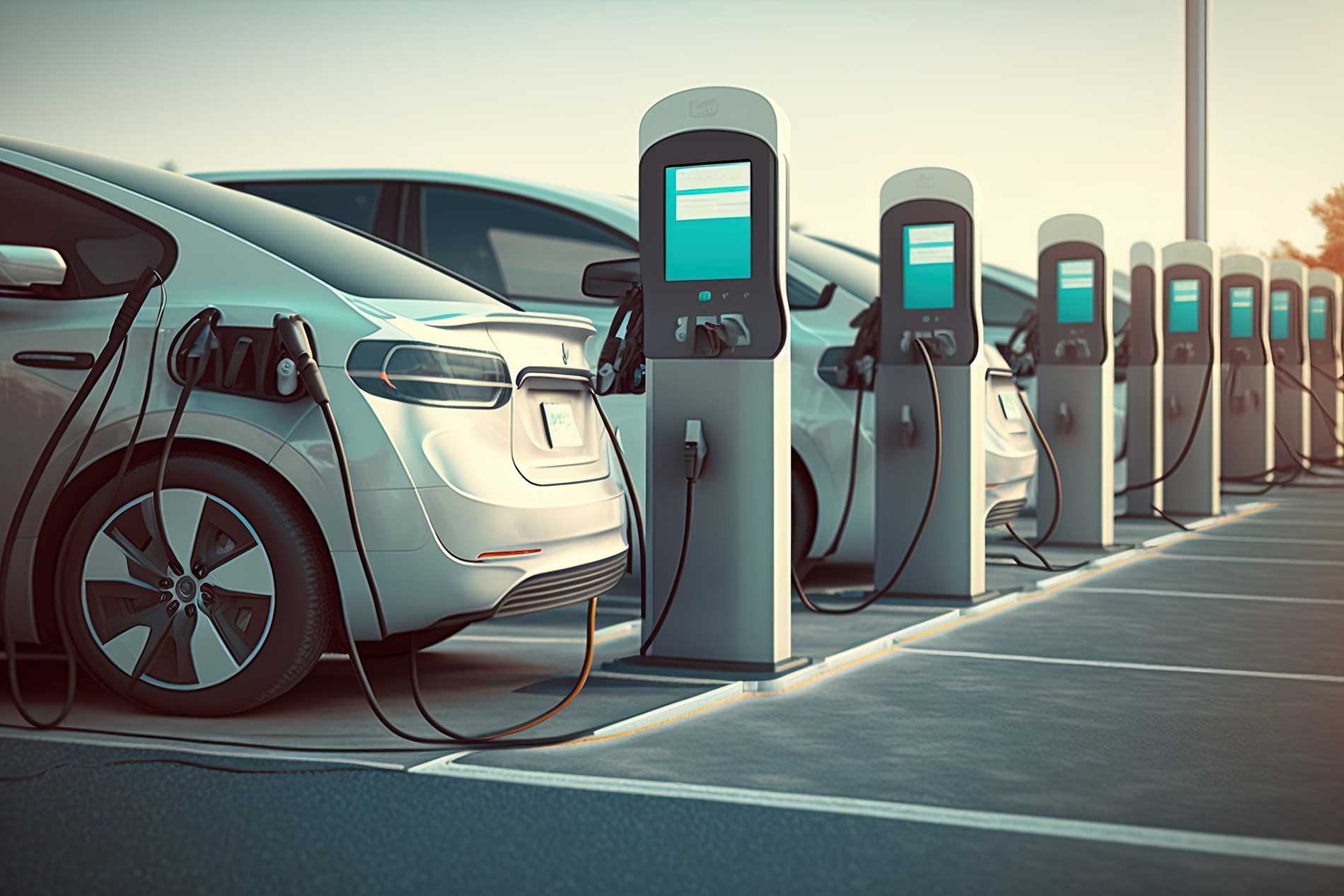In the quest for a more sustainable future, the transition to electric vehicles (EVs) has emerged as a pivotal step in reducing carbon emissions and mitigating the impacts of climate change. However, for EVs to become the transportation norm, an efficient and widespread charging infrastructure is imperative. In this comprehensive exploration, we delve into the intricacies of EV power charging, examining its evolution, current state, and future prospects.
Evolution of EV Charging:
The journey of EV charging began with rudimentary methods like plugging into standard household outlets, known as Level 1 charging. Over time, advancements in technology led to the development of Level 2 charging, which offers faster charging rates and requires specialized 240-volt outlets. Today, the pinnacle of EV charging technology is DC fast charging, capable of delivering an 80% charge in a fraction of the time required by conventional methods. This evolution underscores the relentless pursuit of efficiency and convenience in the realm of EV charging.
Types of EV Charging:
Level 1 Charging:
- Ideal for overnight charging at home.
- Uses standard 120-volt household outlets.
- Slow charging speed, typically adding 2-5 miles of range per hour.
- Suited for EV owners with ample time for charging and limited daily driving distances.
Level 2 Charging:
- Requires 240-volt outlets, similar to those used for electric dryers.
- Faster charging compared to Level 1, adding around 10-60 miles of range per hour.
- Suitable for both residential and public charging stations, including workplaces, shopping centers, and parking lots.
- Strikes a balance between charging speed and accessibility, catering to a broader range of EV drivers.
DC Fast Charging:
- Offers the quickest charging option, delivering up to 80% charge in 20-30 minutes.
- Requires specialized equipment and is typically found at public charging stations along highways and major travel routes.
- Enables long-distance travel and reduces wait times for drivers on the go.
- Empowers EV drivers to embark on extended journeys with minimal disruption, akin to refueling traditional vehicles at gas stations.
Emerging Technologies in EV Charging:
As the EV landscape continues to evolve, several emerging technologies hold the promise of further revolutionizing the charging experience:
Smart Charging:
- Leveraging IoT technology to optimize charging schedules based on factors like electricity rates and grid demand.
- Minimizes strain on the grid by intelligently managing charging times and prioritizing renewable energy sources.
- Empowers EV owners to make informed decisions regarding their charging habits, thereby enhancing efficiency and cost-effectiveness.
Battery Swapping:
- Offers a solution for rapid charging by replacing depleted batteries with fully charged ones.
- Reduces charging time to mere minutes, akin to conventional refueling.
- Holds immense potential for streamlining the charging process, particularly for commercial fleets and high-demand scenarios.
Wireless Charging:
- Eliminates the need for physical cables by transferring power wirelessly from a charging pad to the vehicle’s receiver.
- Offers unparalleled convenience and ease of use, especially in urban environments and for autonomous vehicles.
- Continues to evolve, with ongoing research and development aimed at improving efficiency and scalability.
Challenges and Opportunities:
Despite the remarkable progress in EV charging technology, several challenges persist:
- Infrastructure Investment: Significant investment is required to expand and upgrade charging infrastructure, necessitating collaboration between governments, private companies, and other stakeholders.
- Standardization: Establishing universal charging standards is crucial to ensure compatibility and interoperability among different EV models and charging networks.
- Consumer Education: Educating consumers about EV charging options, benefits, and etiquette is essential for widespread adoption and acceptance.
- Environmental Impact: As EV adoption grows, managing the environmental impact of charging infrastructure, particularly in terms of electricity generation and battery disposal, becomes increasingly important.
Conclusion:
The electrification of transportation represents a watershed moment in human history, with EVs poised to revolutionize the way we move. Central to this transformation is the development of a robust and accessible EV charging infrastructure. By leveraging technological innovations, fostering collaboration among stakeholders, and addressing key challenges, we can accelerate the transition to a cleaner, more sustainable future on the road. As we embark on this journey, the possibilities are electrifyingly endless.

